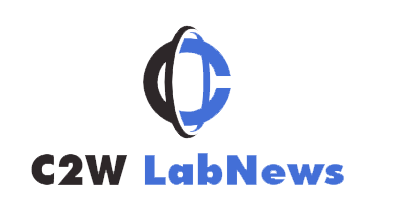
WHO-approved Pfizer / BioNTech vaccine breakthrough in developing countries
But the green light from the World Health Organization (WHO) means that countries that do not have their own regulatory bodies or the means to rigorously assess the efficacy and safety of vaccines can speed up their approval processes and start rolling out vaccination programs.
There have been concerns about the uneven distribution of vaccines, as rich countries have bought or signed contracts to purchase large quantities of doses available or awaiting approval.
“This is a very positive step towards ensuring universal access to Covid-19 vaccines. But I want to emphasize the need for a greater global effort to achieve adequate supplies of vaccines to meet the needs of priority populations everywhere,” said Dr. Mariangela Simao, Assistant Director-General of the World Health Organization. To obtain medicines and health products.
“The World Health Organization and its partners are working day and night to evaluate other vaccines that have reached safety and efficacy standards. We are encouraging more developers to come for review and evaluation. It is critical that we secure the vital supplies needed to serve all countries around the world and stop the epidemic.”
The statement said that the WHO team and independent experts reviewed data on the safety, efficacy and quality of the Pfizer / BioNTech vaccine for a risk-benefit analysis.
The study said: “The review found that the vaccine met the necessary standards of safety and efficacy set by the World Health Organization, and that the benefits of using the vaccine to treat Covid-19 offset the potential risks.”
A group of WHO immunization experts will meet on January 5 to develop policies and recommendations for vaccine use in the population. It will also help them create cold supply chains, as the vaccine must be stored at 60-90 ° C.
While the Pfizer / BioNTech vaccine is the first to receive WHO approval, there is hope that cheaper and easier-to-distribute options will soon be available.
AstraZeneca has promised to supply hundreds of millions of doses to low- and middle-income countries, and to deliver the vaccine on a non-profit basis to those countries forever.
